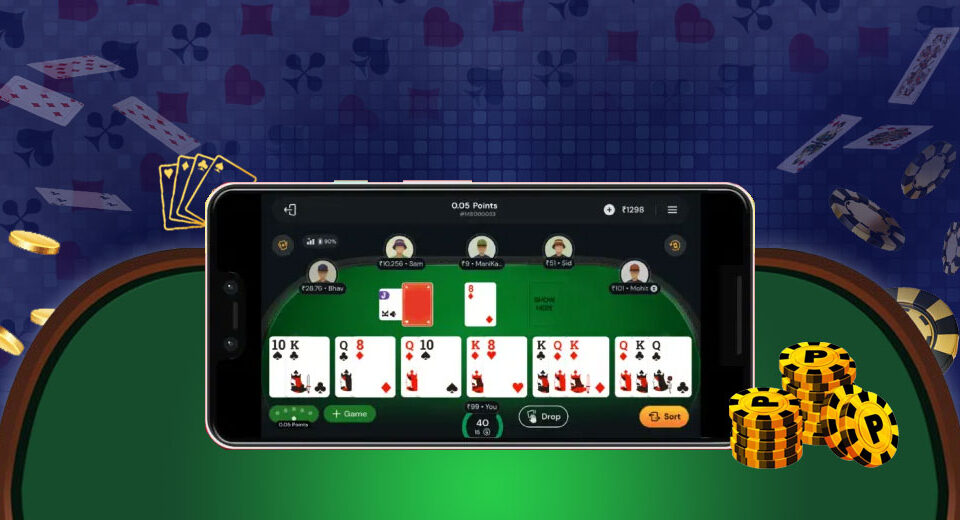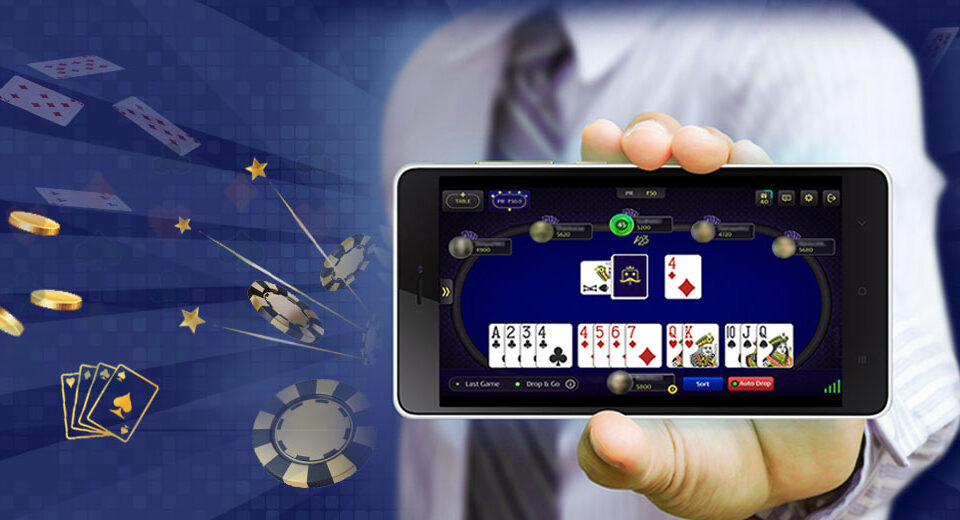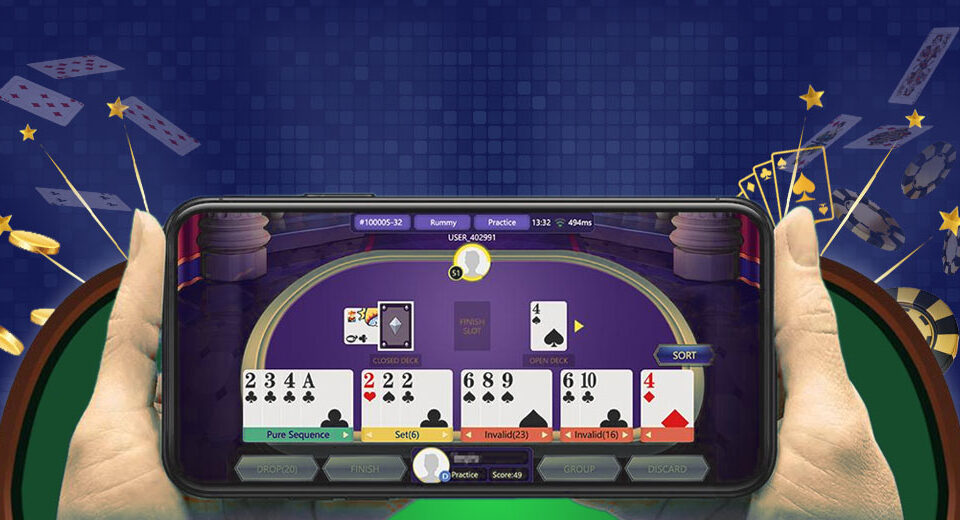Why Observing Opponents is the Key to Winning in Rummy
In the world of rummy, success isn't just about building the right sequences or managing jokers. It's about perception—reading between the lines, anticipating decisions, and staying two steps ahead. The players who consistently win aren’t just masters of their own hands; they are keen observers of their opponents’ habits, discards, and tempo. Whether you're in a high-stakes Indian Rummy match or a casual game on your favourite rummy app, developing this observational edge can be the turning point between playing and winning.
This article explores how paying attention to other players’ behaviour can give you a decisive advantage in online rummy tournaments, mobile games, and strategic duels.
1. Reading the Discard Trail
Every card your opponent throws away reveals a piece of their thinking. By analysing the discard pile over a few rounds, you can start to guess the suit or sequence they are building. For example, if a player discards both 8♦ and 10♦, you can assume they aren’t collecting diamonds—so you may safely discard the 9♦.
This strategy is particularly helpful in digital Indian rummy formats where information is limited and must be inferred in real-time.
2. Spotting Sudden Shifts in Strategy
If an opponent suddenly stops discarding high-value cards or starts drawing from the discard pile more frequently, they may be close to a declaration. Observing such shifts helps you adjust your own game—maybe it’s time to drop or quickly finish your hand.
In competitive rummy environments, these shifts often indicate an impending win or a major change in their meld.
3. Timing and Card Draw Speed
How quickly or slowly someone plays can tell you a lot about their decision-making confidence. Players who hesitate after picking a card are likely unsure about their next move, possibly juggling conflicting sequences.
This subtle cue is often overlooked but is highly relevant in real-time rummy matches, where speed and confidence play psychological roles.
4. Watching Repeat Picks from the Discard Pile
If a player picks multiple cards from the discard pile in succession, it's a clear signal they're constructing a particular meld. This allows you to avoid feeding their strategy. For example, if someone picks the 7♣ from the discard pile, don't discard 6♣ or 8♣ afterward.
This type of insight is central to rummy strategy in multiplayer games, where denying useful cards can be as effective as drawing them.
5. Identifying Defensive or Aggressive Patterns
Some players play defensively, quickly discarding risky cards and holding onto middle numbers. Others aggressively chase melds, collecting riskier high-point cards. By categorising their playstyle, you can counter effectively—either by playing it safe or speeding up your gameplay.
This psychological profiling is often seen in pro-level rummy gameplay, where intuition is built over thousands of hands.
6. Using Observation to Bluff Effectivel
yOnce you've understood an opponent’s rhythm, you can turn the tables by setting traps. Discard a card they think is useless while actually building a hidden sequence. Observation allows you not only to read but to manipulate.
Once you’ve mastered this, you can also start predicting bluffs from experienced players. Pay attention to players who suddenly start discarding very useful mid-value cards. In online Indian Rummy matches, this often signals a trap—they may be trying to lure you into discarding something valuable. By observing their tendencies over multiple rounds, you’ll know when to bite and when to hold back.
This tactic gives you an edge in advanced rummy duels, where mind games and card games merge.
Conclusion – In rummy, your greatest weapon isn’t your hand—it’s your eyes.
Your observational skills can give you a competitive edge in situations where hands are evenly matched. It's this added layer of awareness that helps elevate a casual player into a rummy tactician. The next time you enter a room—whether on a real-time rummy app or a large multiplayer Indian rummy tournament—focus not just on what’s in your hand, but on what others are telling you without saying a word.
Winning consistently at rummy is about playing with awareness. By studying opponents' patterns, tracking discards, and sensing subtle shifts, you can make more informed decisions and disrupt their plans. Whether you're rising through online Indian rummy tournaments or sharpening your play in digital rummy formats, becoming an expert observer elevates you from participant to strategist—and ultimately, to winner.




